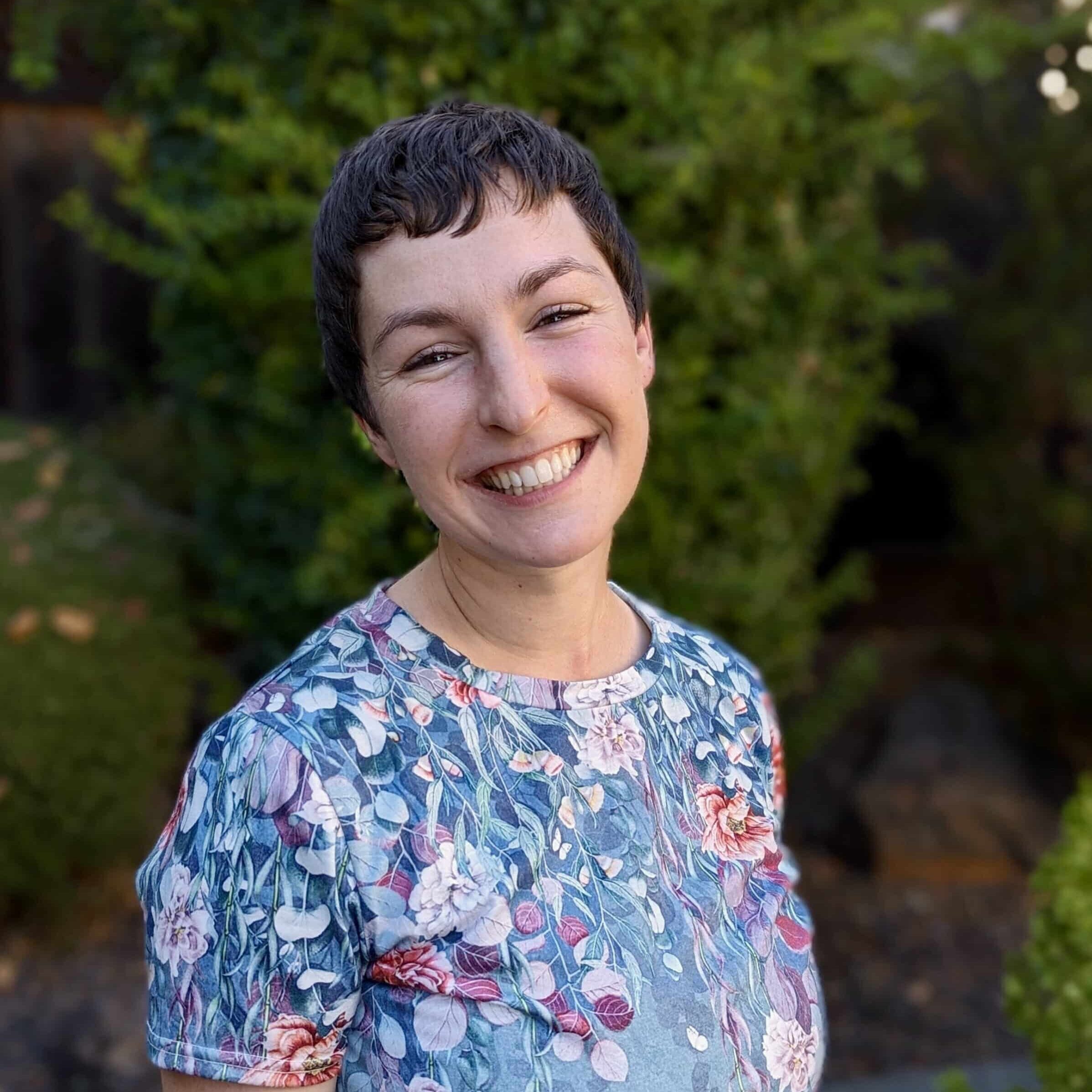Accelerated Resolution Therapy (ART) is a revolutionary form of psychotherapy that has been shown to be effective in treating PTSD and other mental diseases. Accelerated Resolution Therapy, as the name implies, works more quickly than other kinds of therapy.
Founded and developed in 2008 by licensed marriage and family therapist, Laney Rosenzweig, ART is changing the way therapists approach mental health. According to a 2017 article by Waits, Marumoto, and Weaver, with the help of Gestalt techniques, metaphors, and a solution-focused approach, Rosenzweig discovered that patients could often achieve resolution of their issues in as few as a few sessions when they combined the eye movements used in eye movement desensitization and reprocessing (EMDR) with other techniques.
ART is a cognitive treatment focused on changing how the brain stores painful memories and images that promotes speedy recovery in as few as 1 to 5 sessions. This technique delivers effective relief from the severe physical and emotional reactions associated with:
Accelerated resolution therapy aims to rewire the brain’s processing of traumatic memories and images so that they no longer elicit powerful physical and emotional responses. Eye movement is a critical component of rapid resolution treatment. The client’s rapid eye movement (REM) is used to focus healing, similar to what they might feel when dreaming. Clients will be instructed to follow the therapist’s hand back and forth laterally through their line of vision during an ART session.
Clients become more calm and more readily able to access internal stimuli, such as upsetting pictures of a traumatic incident, while they attend to this external stimulus, the movement of the therapist’s hand. ART focuses on assisting clients in healing the emotional and physical emotions connected with these events as they are accessible.
This type of rapid resolution therapy benefits a wide variety of patients. For accelerated resolution therapy to be effective, the client must be motivated to recover, able to track the therapist’s hand with their eyes, and have the ability to comprehend. ART has been used on clients as young as 4-years-old.
Being that this resolution therapy doesn’t involve heavy emotional processing and an extended number of sessions, clients can find relief quickly. Accelerated resolution therapy is best suited for:
As clients experience healing and comfort from one image, they can then on to the next. Clients have indicated that, even though they do not feel much different following the first session, they begin to notice a difference in their emotional and physical responses to the incident shortly afterwards, typically during the second or third session.
Whether a client is new to therapy or simply wants to seek out a different method, ART goes against traditional talk therapy to help reframe the way your brain sees its past traumas. In as little as 3 sessions, clients can feel relief and reclaim their lives once again.
Due to the fact that accelerated resolution therapy is a relatively new treatment model with a limited research background, the novel treatment model was federally recognized as an evidence-based treatment model in 2015 by the National Registry of Evidence-Based Programs and Practices (NREPP).
The 2017 article details that the “military” research compared clinical outcomes of 29 combat veterans who underwent ART to 28 randomly assigned controls. The active treatment group had 2–5 rapid resolution therapy sessions. The control group received either two sessions with a health fitness trainer or two sessions with a career coach. After completing the first intervention, completers might choose to cross over to the ART intervention, which required only two sessions. The accelerated resolution therapy group had a 66% PTSD response rate compared to 13% in the control group, and these results remained consistent 3 months after therapy ended. The ART dropout rate was just 6%, which is much lower than typical evidence-based PTSD therapies.
Despite the fact that ART’s research basis is relatively young in comparison to other evidence-based treatments for PTSD, it has the important therapeutic features considered to be necessary for effective trauma-focused therapy.
Corner Canyon Health Centers explains how EMDR therapy is a targeted strategy for treating trauma and PTSD that involves reconnecting a client with pictures, ideas, emotions, or bodily sensations linked with their experience. Bilateral stimulation is used in this sort of treatment as the client re-experiences their trauma in a controlled environment. The brain reprocesses the client’s painful feelings and information until they are no longer disruptive to their life.
ART, on the other hand, is intended to be a quick kind of therapy. Clients have reported finding alleviation from their anguish after a single session, rather than needing to attend several sessions before seeing progress. As more people are confronted with debilitating symptoms that impair their lives and relationships, identifying a treatment paradigm that can provide rapid symptom relief is critical.
Corner Canyon Health Centers can help! Facing trauma can be complex and intimidating, but it doesn’t have to be. With the expertise of our staff here at Corner Canyon Health Centers and the benefits of ART, healing is possible.
We are thrilled to add this to our many other proven treatment modalities at Corner Canyon Health Centers to assist our customers in getting and staying healthy. If you are interested in receiving treatment for trauma or have questions about our treatment techniques, contact one of our professionals.
